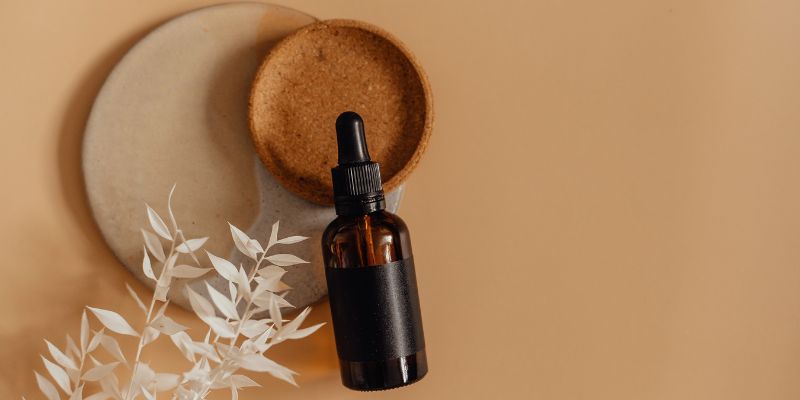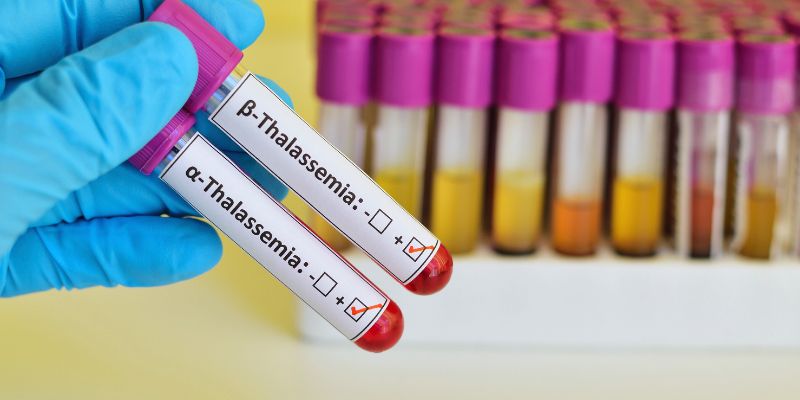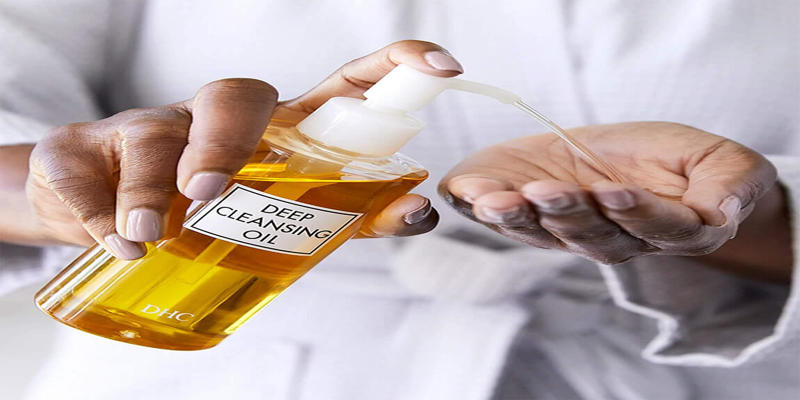The neurological disorder called Tourette Syndrome (TS) causes uncontrollable motions and vocalizations called tics. Simple actions like blinking to intricate gestures and vocal sounds can all differ in these tics. Though the symptoms often start in childhood, TS affects adults and children. Although Tourette Syndrome cannot be cured, treatments center on controlling the tics and enhancing the quality of life for individuals afflicted.
This complete guide will examine several ways to treat Tourette syndrome (TS), from behavioral therapy to medications. Knowing the available treatment choices will enable those with TS and their families to manage the disorder. Apart from lowering tics, treatment aims to solve related issues, including emotional or social ones, that could develop from the disease. Let's examine the possible choices and how Tourette Syndrome can be managed.

Tourette syndrome (TS) is a neurological condition marked by involuntary motions and vocalizations known as tics. These tics could be simple—blinking or limb jerking—or complex—word or phrase repeating. TS usually starts in childhood and first shows up between the ages of five and ten. Though its exact origin is unknown, Tourette Syndrome is thought to be caused in part by environmental and genetic elements. While tics often worsen in childhood, they could get better or worse in maturity.
Many times, the disorder is linked to other difficulties such as anxiety, obsessive-compulsive disorder (OCD), or attention deficit hyperactivity disorder (ADHD). Though the main complaint is tics, they can greatly affect daily activities, education, and social events. Many people with TS lead a successful and happy life despite the obstacles. Although TS cannot be cured, treatments, including behavioral therapy and medication, can assist in controlling the symptoms, therefore facilitating easier coping with the disorder.
Below are the common treatments for Tourette Syndrome, ranging from behavioral therapies to medications and lifestyle modifications.
Treatment for Tourette Syndrome mostly consists of behavioral therapy. The most often used is habit reversal training (HRT). HRT helps people substitute a tic with a less obvious behavior when they know one is about to strike. Cognitive-behavioral therapy is another approach that can help people control any social or emotional difficulties connected with TS. CBT emphasizes changing bad thinking habits and enhancing coping mechanisms. These treatments seek to lower tic frequency and intensity, enabling daily living to be more under control. Common among persons with TS, anxiety, and depression are also goals of cognitive-behavioral therapy. Though they demand consistency and dedication, both treatments can result in notable changes. Family therapy can also encourage loved ones and help them to grasp the difficulties related to TS.
Tourette Syndrome's accompanying tics can be controlled with medications. Although they are not usually required, they can be helpful when tics seriously disrupt or bother a person. Two primary classifications of medications are used:

Deep brain stimulation (DBS) may be taken into consideration in some severe Tourette Syndrome instances when other therapies have not proven beneficial. DBS physically implants electrodes into particular brain regions engaged in movement control. These electrodes send electrical impulses that might help control aberrant brain activity linked to tics. DBS has shown potential for lowering tic frequency in patients with severe TS. It is usually advised, nevertheless, for those who have not responded to conventional treatments and are suffering notable disability. The operation has hazards, including bleeding and infection, so the patient and their medical team must consider it.
Occupational therapy (OT) and physical therapy (PT) can be beneficial for those with Tourette Syndrome who find it difficult to coordinate or move. OT is mostly concerned with enhancing daily life abilities, including writing, eating, and dressing. OT can teach people with motor tics techniques for controlling such motions. Conversely, PT increases general physical strength, coordination, and motor skills. These treatments can help the person to do daily activities and lessen the effect of physical tics. Although they cannot directly treat tics, OT and PT are important for raising the general quality of life.
Managing Tourette Syndrome mostly depends on assistance and knowledge. People with TS could gain from tailored educational initiatives that meet their demands. Schools might give more time for homework or a quieter area to eliminate distractions, enabling pupils with TS to focus better. Services related to special education could potentially be accessible to handle any learning difficulties related to TS. Additionally helpful are support groups for those with TS and their families. These organizations offer a forum where people may exchange stories, grow personally with one another, and get emotional support. Speaking with people who know the difficulties of living with TS might help one feel a part of a community and less isolated.
Moreover, some lifestyle modifications can assist people with Tourette Syndrome in controlling their symptoms. For instance, stress management is quite important since stress aggravates tic frequency. Yoga, meditation, or deep breathing exercises, among relaxation methods, will assist in lowering tension. Furthermore, vital for general well-being is a good diet and consistent exercise. Exercise is shown to lessen anxiety and improve mood, both of which help to moderate TS symptoms. Minimizing tic aggravation also depends on avoiding triggers such as lack of sleep or highly stressful events.
Even if Tourette Syndrome has no cure, a mix of therapies can greatly enhance the quality of life for people afflicted. Support systems, medications, and behavioral therapy control the tics and handle related issues. Lifestyle changes, including stress management and consistent exercise, are important for symptom control. Effective management of TS depends mostly on early intervention and tailored treatment strategies. With the correct help, those with Tourette Syndrome can overcome the challenges linked with their disease and have happy lives.

By Verna Wesley/Apr 02, 2025

By Madison Evans/Dec 06, 2024

By Nancy Miller/Oct 21, 2024

By Celia Shatzman/Feb 07, 2025

By Celia Shatzman/Oct 13, 2024

By Susan Kelly/Feb 28, 2025

By Noa Ensign/Feb 19, 2025

By Celia Kreitner/Dec 18, 2024

By Triston Martin/Feb 28, 2025

By Jennifer Redmond/Oct 14, 2024

By Celia Kreitner/Jan 04, 2025

By Aldrich Acheson/Feb 19, 2025